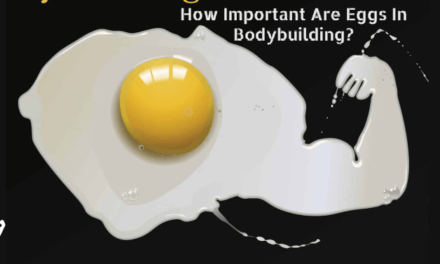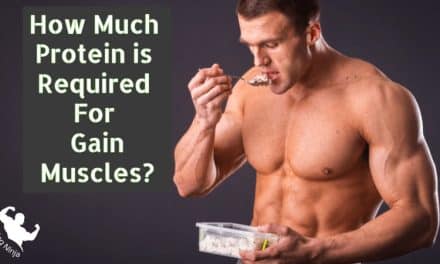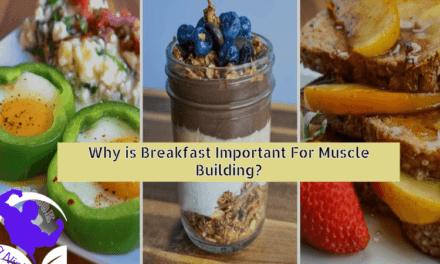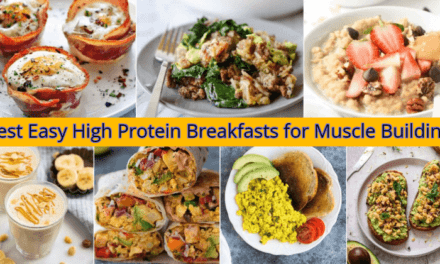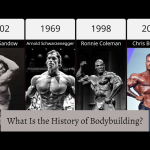Welcome to our exploration of a question that has left fitness enthusiasts and health-conscious individuals intrigued for years: Can you building muscle on low protein diet? In the world of nutrition and fitness, protein has long been hailed as the cornerstone of muscle growth.
Building muscle on a low protein diet requires careful consideration of protein intake and its role in muscle growth. Strength training is a crucial component of building muscle, but protein plays an equally important role in supporting muscle repair and growth.
Current research focuses on the role of protein in muscle growth and highlights the significance of proper consumption. Honest Nutrition, with its feature on evaluating the role of protein, provides valuable insights into optimizing muscle growth on a low protein diet.
However, with the rise of various dietary preferences, restrictions, and lifestyles, many are left wondering if there’s a way to sculpt a stronger physique while adhering to a lower protein intake. In this blog post, we dive deep into the science, dispel myths, and offer practical insights to help you understand the complexities of muscle building on a low protein diet.
Whether you’re a vegetarian, vegan, or simply looking to reduce your protein intake for other reasons, join us on this journey to uncover the secrets of building muscle while embracing a protein-conscious approach.
Table of Contents
- Can You Building Muscle On Low Protein Diet?
- How Much Protein Do You Need To Build Muscle?
- How to Build More Muscle with Less Protein?
- How Does Your Body Make Muscle?
- Why Is Protein Important For Building Muscle?
- What is the Best Time To Take Protein?
- Why Does Muscle Protein Synthesis Matter?
- What Are The Best Protein Sources?
- Protein Intake On A Low-Protein Diet
- Frequently Asked Questions
- Conclusion
Can You Building Muscle On Low Protein Diet?
Muscle growth is a complex process influenced by various factors, including protein intake. Protein plays a crucial role in supporting muscle development, repair, and synthesis. It is essential to strike a balance between strength training and protein consumption to optimize muscle growth.
Ongoing research explores the role of protein in muscle development and seeks to determine the optimal amount of protein individuals should consume each day. Honest Nutrition’s feature provides valuable information on evaluating protein intake, highlighting the importance of considering the role of protein in building muscle on a low protein diet. By understanding the role of protein and its context within When it comes to the development of muscles, people can make well-informed choices to support their fitness goals effectively. Study more about Dumbbell Pullover best for Lower chest Muscles.
When it comes to building muscle, protein intake is vital. The amount of protein consumed each day plays a significant role in muscle growth and optimization. Protein serves as the building block for muscles, supporting muscle repair and synthesis.
However, controversy exists regarding the ideal protein intake for maximizing muscle growth. Current research seeks to shed light on the role of protein and its impact on muscle growth, allowing individuals to make informed decisions about their protein consumption. Honest Nutrition’s feature emphasizes the importance of evaluating protein intake to ensure that individuals can effectively build muscle even on a low protein diet.
How Much Protein Do You Need To Build Muscle?

According to the 2020-2025 Dietary Guidelines for Americans, healthy adults should consider their daily calorie intake along with the recommended amount of protein. The Gram of protein consumed per day plays a significant role in supporting muscle mass.
Active individuals, irrespective of age or gender, need to calculate their protein requirements based on their body weight, activity level, and health. Studies show that increasing the amount of daily protein intake can positively impact muscle gain, especially when considering Elements like age, sex, and level of physical activity.
Building muscle on a low protein diet requires careful consideration of variables like body weight, calorie intake, and protein consumption. By aligning with the RDA and following the Dietary Guidelines for Americans, individuals can optimize their muscle gain and overall health. Let’s Start Your Bulking Journey with Important of Breakfast for Muscle Building.
How to Build More Muscle with Less Protein?
Wayne Campbell, a researcher from Purdue University, conducted an analysis on the muscle-building benefit of protein intake. The study explored the effects of dividing protein consumption across three meals, including smaller more frequent meals. The goal was to determine the optimal approach for preserving muscle and minimizing the risk of muscle loss.
The findings indicated that hitting a threshold of around 30 grams of protein once a day provides significant benefits in terms of muscle preservation. However, the study revealed that consuming this amount of protein twice a day is even more advantageous, particularly for individuals at an increased risk of muscle loss.
Dividing protein intake evenly across three meals, with a focus on incorporating protein-rich foods, helps maximize the muscle-building benefit. Whether the meals are heavier in protein or contain a little bit of protein, the key is to reach the recommended threshold to support muscle health.
This analysis highlights the importance of protein distribution throughout the day and emphasizes that increasing the overall protein intake may not be necessary to obtain the desired muscle-building benefit. By strategically dividing protein consumption and following a well-balanced diet, individuals can optimize their protein benefit and support their muscle-building goals.
How Does Your Body Make Muscle?
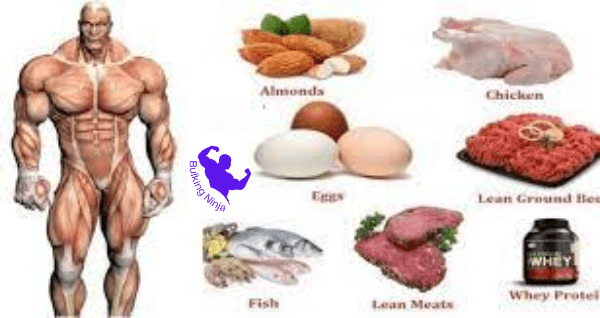
To build and repair muscle tissue, protein plays a crucial role. As a vital nutrient, protein provides the necessary building blocks for muscle growth and helps support the burst of muscle-building activity after a meal. Research, conducted by Douglas Paddon Jones at the University of Texas, has shed light on the importance of muscle protein synthesis in maximizing the benefits of protein intake.
When it comes to protein sources, options like chicken breast, sirloin, Greek yogurt, and eggs are rich in protein and can contribute to building muscle. These protein-containing foods offer an adequate amount of muscle-building potential. It is essential to include them in a well-rounded meal plan to optimize muscle development.
One key aspect to keep in mind is the importance of protein intake. A sufficient amount of protein is necessary to support muscle growth and recovery. Consuming protein beyond the body’s needs may be wasted and not provide additional benefits in terms of muscle development. Further more study about Gymnastics is best for Grow Muscle.
Why Is Protein Important For Building Muscle?
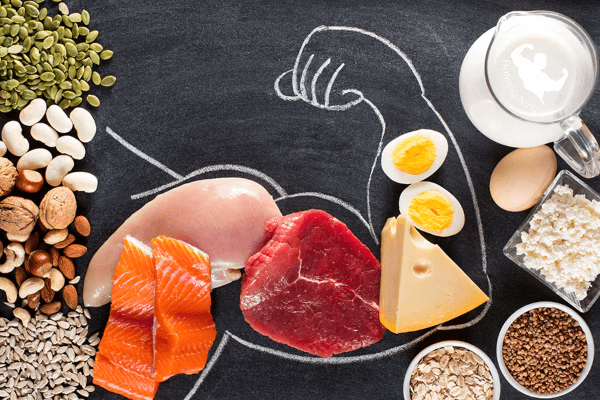
Protein plays a crucial role as the building blocks of cells and tissues. Amino acids, including essential amino acids obtained through the diet, support tissue Development, mending, the immune system, and the generation of energy.
Muscle proteins, in particular, require adequate protein intake to maintain a net positive nitrogen balance, which is essential for muscle mass and strength. Muscle protein synthesis (MPS), driven by amino acids, is vital for muscle repair, recovery, and growth, especially after strenuous exercises.
The body relies on proper digestion and processes to break down protein and utilize nitrogen efficiently. Insufficient amounts of protein can lead to muscle breakdown and decreased muscle mass over time.
However, with a well-balanced diet and appropriate protein intake, individuals can optimize tissue growth, repair, and overall muscle development even on a low protein diet. It is important to understand protein, amino acids. acids, and their role in muscle building to support positive outcomes in muscle mass and strength. Futher more study about sports are best for Grow Muscle.
What is the Best Time To Take Protein?
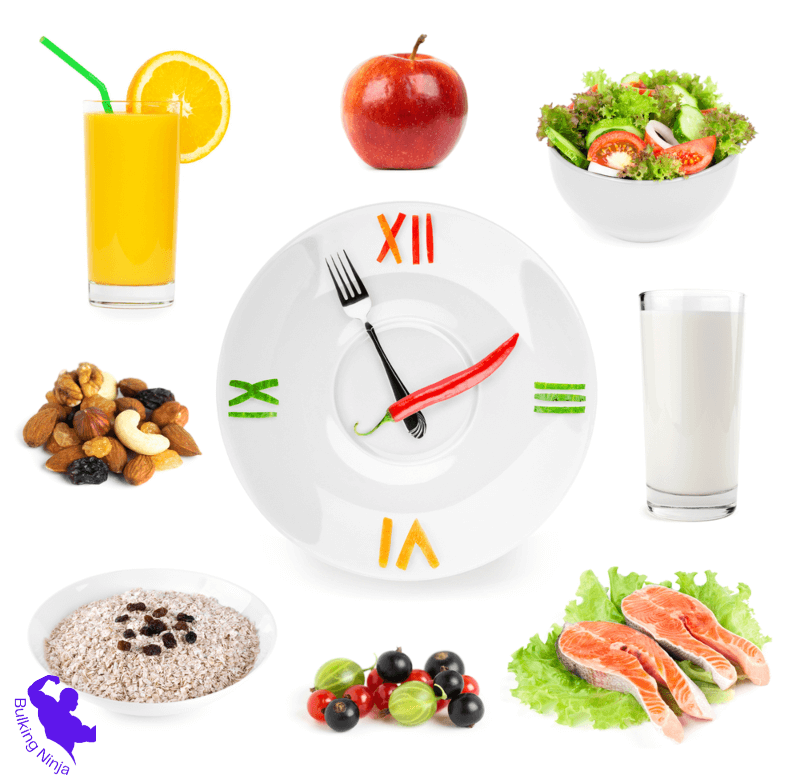
In order to build muscle on a low protein diet, paying attention to protein intake throughout the day is crucial. The average protein intake in the US is typically just under a certain number of grams per day. However, it is important to distribute this protein intake more evenly across the three main Daily meals: morning, midday, and evening.
By maximizing protein synthesis and taking advantage of the opportunity to nourish the muscle building processes, individuals can optimize their muscle growth potential. Dividing the protein intake evenly throughout the day, rather than consuming a majority of it at dinner time, allows for a more efficient utilization of protein for muscle building.
Protein sources like chicken breast, salmon filet, turkey burger, and whey protein powder offer versatile options to incorporate into meals. By selecting these protein-rich foods and including them in practical terms, individuals can enhance their protein intake and support muscle development.
It is important not to miss the opportunity to maximize protein synthesis by spreading out protein consumption throughout the day. This approach helps ensure that the muscle building processes are consistently fueled and supported. By making the most of the available protein sources, individuals can maintain a steady supply of protein and promote muscle growth.
Why Does Muscle Protein Synthesis Matter?
Maximizing muscle protein synthesis is critical for individuals of all ages, including body builders, athletes, and everyone seeking to build muscle. It becomes particularly beneficial for specific groups, such as those over 50, those in the process of losing weight, and those recovering from a serious injury, illness, or surgery. These individuals are prone to accelerated muscle loss, making it essential to focus on muscle protein synthesis to support their goals.
One of the challenges faced by these groups is meeting the necessary protein intake. It’s common for individuals to have smaller appetites or consume fewer calories, leading to a lower average intake of protein. However, optimizing protein synthesis can be achieved by incorporating protein-rich foods into smaller, more frequent meals. This approach ensures that protein intake is evenly distributed throughout the day and supports muscle-building processes.
What Are The Best Protein Sources?
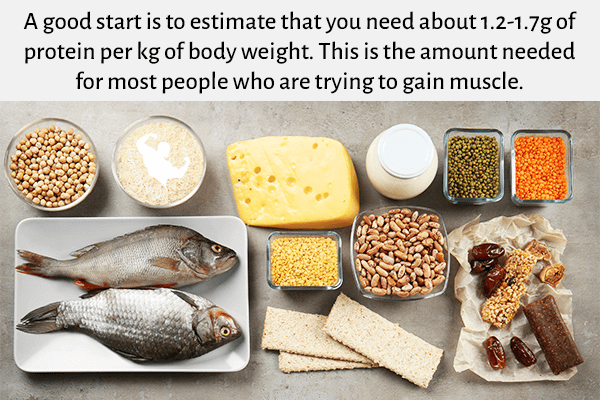
When it comes to building muscle on a low protein diet, both animal-based and plant-based protein sources play a vital role. Animal-based protein sources such as lean meats, poultry, eggs, fish and seafood, and dairy products provide essential amino acids in sufficient amounts. These bio available protein sources are easily digested and support muscle growth and repair.
Plant-based protein sources like beans, peas, nuts, lentils, seeds, soy products, and plant-based protein powders are also beneficial for building muscle on a low protein diet. While their amino acid profiles may vary, individuals following plant-based diets can supplement their protein intake by consuming a variety of these foods. By combining different plant-based protein sources, individuals can meet their daily protein needs and support muscle growth.
Nutritionists recognize the importance of both animal and plant-based protein sources in supporting muscle development. They emphasize that individuals should consider their daily protein needs and incorporate a variety of protein-rich foods into their diets. Whether it is lean Animal products like beef, chicken, eggs, fish, and dairy items or plant-based options like beans, peas, nuts, lentils, seeds, and soy products, a balanced approach that includes a wide range of protein sources can contribute to muscle growth and overall health.
How Much Protein Is Too Much?
Healthy adults who are building muscle on a low protein diet should consider their long-term protein intake and body weight. It is important to consult with doctors or healthcare professionals to determine the appropriate protein intake for individual needs. Research suggests that most healthy adults can safely tolerate a protein intake of up to a certain amount, typically measured in kilograms (kg) of body weight. However, it is crucial to be cautious and avoid exceeding the recommended protein intake as it may lead to potential side effects and health issues over time.
When considering a low protein diet for muscle building, individuals should focus on the quality of protein sources and ensure that they are obtaining sufficient protein to support muscle growth and recovery. It is crucial to strike a balance and listen to the body’s signals to avoid any negative impacts on health and well-being.
Overall, consulting with healthcare professionals and conducting thorough research is vital to make informed decisions about long-term protein intake and its impact on muscle building. Building muscle on a low protein Following a diet is achievable, however, it necessitates meticulous contemplation of individual needs, tolerances, and overall health.
Protein Intake On A Low-Protein Diet
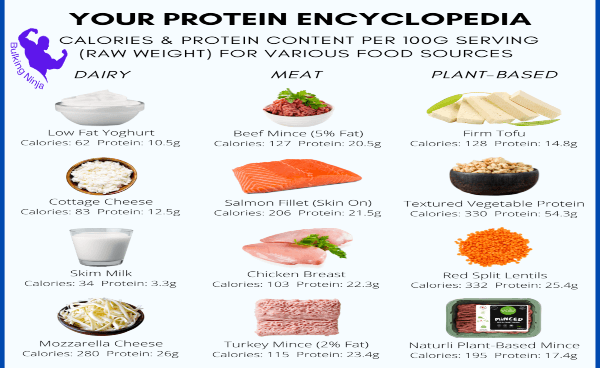
Based on discussions with Dr. Paddon Jones and Dr. Campbell, as well as common sense, here are some guidelines for individuals who don’t consume 90 grams of protein per day for various reasons:
- Maximize protein intake at least once a day.
- It’s better to consume 30 grams of protein in a single meal rather than dividing it among multiple meals.
- Aim for 20 or 25 grams of protein at a meal if 30 grams is too much.
- Refrain from ingesting an excess of 30 grams of protein in one meal to support muscle preservation.
- Exercise in combination with protein intake is more effective for building new muscle.
- Premium protein options such as skinless poultry, fish, poultry, dairy, eggs, or whey protein powder are recommended for optimal results.
- Plant-based protein sources may require higher protein intake per meal to maximize protein synthesis.
Frequently Asked Questions
Can You Build Muscle On 50g Protein?
Building muscle on a daily protein intake of 50g may be challenging or limited due to the modest amount. It may not provide enough protein to effectively pack on muscle.
Is It Possible To Build Muscle Without Protein Powder?
Yes, it is possible to build muscle without relying on protein powder or supplements if you are able to meet your daily protein targets through your regular diet.
Do You Really Need That Much Protein To Build Muscle?
Yes, according to a 2022 meta-analysis published in the journal Sports Medicine, higher protein intakes of around 1.5 g per kg of body weight daily, when combined with strength training, are indispensable for optimal outcomes on muscle strength.
Not Eating Enough Protein To Build Muscle?
Not eating enough protein in your diet can lead to a breakdown of muscle mass for fuel instead of using fat stores, hindering your ability to build muscle.
Will I Lose Muscle If I Don't Eat Enough Protein For A Day?
Not eating enough protein for a day can result in a lack of the necessary protein content in your diet, which, combined with the absence of resistance training workouts, may lead to the loss of muscle mass over time.
How Much Protein To Build Muscle?
To build muscle, it is recommended to ingest 1.2-1.7 grams of protein for every kilogram of body weight daily, or 0.5 to 0.8 grams for every pound of body weight.
Conclusion
In conclusion, the question of whether one can effectively build muscle on a low protein diet is a nuanced one. While protein is undoubtedly a vital component in muscle development, it’s not the sole determinant. The body’s ability to adapt and optimize its processes plays a significant role. Individuals on a low protein diet can still achieve muscle growth by incorporating several strategies.
These include focusing on protein quality, timing, and distribution, optimizing training routines, and ensuring adequate caloric intake. However, it’s important to acknowledge that a low protein diet might present challenges and potentially slower progress compared to a higher protein approach.
Ultimately, the key lies in finding a balance that suits individual preferences, dietary restrictions, and goals. Consulting with a healthcare or nutrition professional can provide personalized guidance to navigate this complex terrain effectively.
To make the most of a low-protein diet, focus on maximizing protein intake in at least one meal per day, and aim for high-quality protein sources. Find a balance between protein consumption and exercise to support muscle development and consider adjusting protein intake accordingly when relying on plant-based sources.

